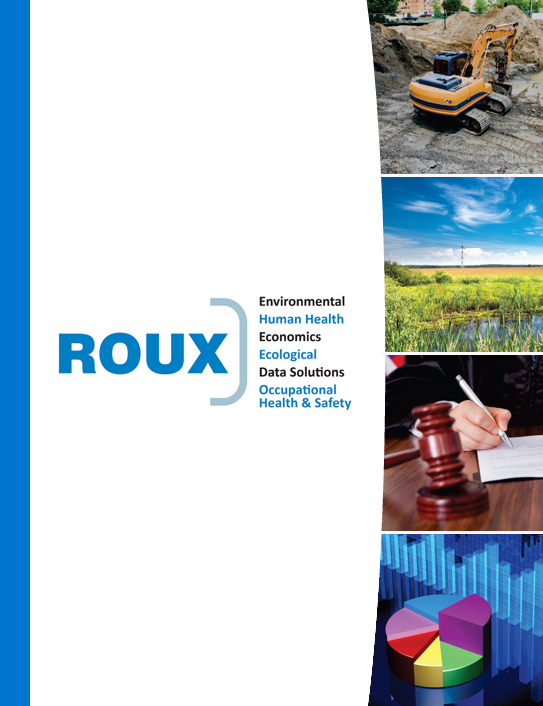EPA Expands PFAS Requirements Under TSCA
On September 26, the USEPA announced a new proposed reporting requirement regarding per- and polyfluorinated chemicals, or PFAS, that could have a substantial impact on businesses across industry sectors.
The proposed new rule requires businesses that have manufactured or imported PFAS or items containing PFAS after January 1, 2011 report any such contact. Somewhat unusually, the rule does not provide any exclusions for small businesses or those that handle minimal amounts of PFAS-containing items. Without such exclusions, many smaller businesses that might generally expect not to be required to engage in such reporting will need to submit ten years of detailed record keeping they may or may not have available.
The rule is a one-time requirement, but the challenge will be compiling 10 years of documents or showing a documented effort to do so. The rule requires companies report any instance of PFAS use or import wherein its presence is “known to or reasonably ascertainable by manufacturers.”
The list of PFAS that might trigger the reporting requirements is comprehensive, referring to an estimated 1,364 or more PFAS compounds. The rule itself defines PFAS as, “any chemical substance or mixture that structurally contains the unit R-(CF2)-C(F)(R’)R’’. Both the CF2 and CF moieties are saturated carbons. None of the R groups (R, R’ or R’’) can be hydrogen.” Unlike previous USEPA rulings and advisories that have applied only to a certain class of PFAS, such as PFOS or PFOA, this new rule seems designed to apply broadly to all or most of the many different chemical compositions that make up the class of chemicals known as PFAS.
PFAS chemicals are found within a wide range of commercial, industrial, and consumer products. They are colloquially referred to as “forever chemicals” due to the extended length of time they persist in both the human body and the environment. As a result of their persistence and prevalent use, PFAS are found in low levels in people, animals, and the environment throughout the world. Recent scientific studies have found exposure to certain PFAS may be carcinogenic, and have been linked to reproductive, developmental, liver, and kidney problems.
The proposed new rule is the latest addition to changes regarding PFAS management under the Toxic Substances Control Act (TSCA). Earlier this year, the USEPA also withdrew the recommendations in a compliance document under the significant new use rule (SNUR). In a statement, the USEPA says that upon review, “the compliance guide inappropriately narrowed the scope and weakened SNUR.” The compliance document included looser standards as to the applicability of SNUR to specific imported articles and narrowed the definition of a “surface coating.” Due to the withdrawal, businesses should reference the USEPA’s July 2020 SNUR for compliance guidance regarding the specifics of importing articles containing certain long-chain PFAS.
The full text and history of the USEPA’s PFAS actions under TSCA can be viewed here. The full text of the proposed amendment regarding Recordkeeping can be viewed here.
